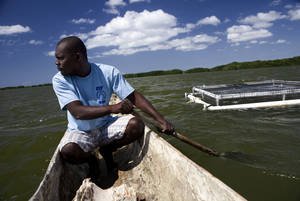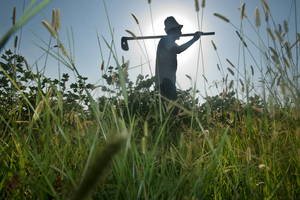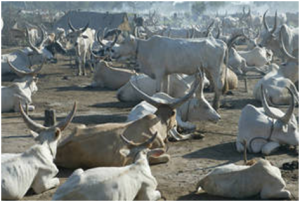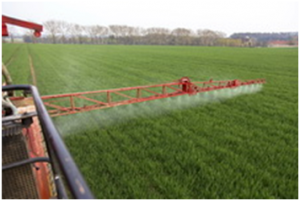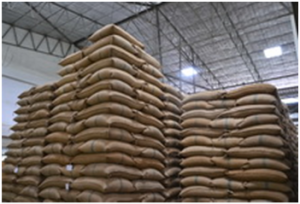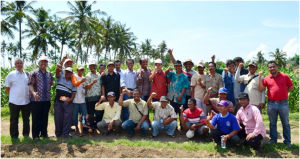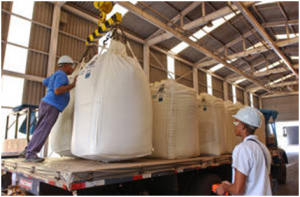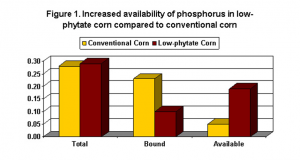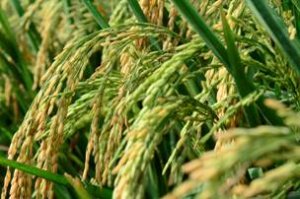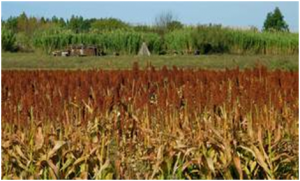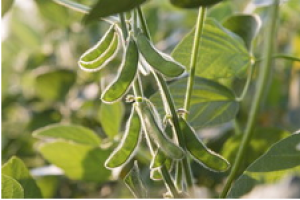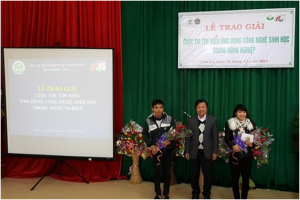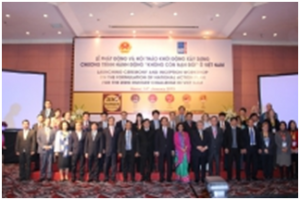|
African Countries Need to Push Climate Smart Agriculture
Monday, 2018/06/04 | 08:05:21
|
|
Figure: FAO photo
African countries governments must take the lead both in designing and funding climate smart agricultural (CSA) practices. This is according to an article written by Dr. Esther Ngumbi, a researcher from The Aspen Institute in the U.S.
Early this year, the World Bank launched one of its largest climate smart agriculture initiatives to support over 25 million smallholder farmers in Maharashtra, India. The project is expected to lead to the sustainable development of agricultural productivity, water scarcity, soil health, and improve farmer resilience in adapting to climate change. Climate change continues to affect many countries around the world as manifested by recurrent droughts, prolonged dry seasons, floods, increased crop pest infestations, and emergence of new problems such as the fall armyworm in Africa. The smallholder farmers are the most affected by these problems, and many of them depend on agriculture as their primary source of income. This shows that more CSA initiatives need to be rolled out and supported in many of the climate change impacted countries including countries in the African continent.
Dr. Ngumbi highlights that African governments need to identify the suitable and appropriate CSA practices adapted for their countries and come up with further plans on how these practices will be rolled out across their respective countries. Dr. Ngumbi also recommends that the CSA initiative must be inclusive, wherein African farmers and other beneficiaries should be consulted and involved in defining and choosing the appropriate CSA practices. Demonstration centers or on the ground model farms must also be established so that farmers can learn and see the actual CSA practices.
Read the article in All Africa. |
|
|
|
[ Other News ]___________________________________________________
|


 Curently online :
Curently online :
 Total visitors :
Total visitors :
(35).png)
